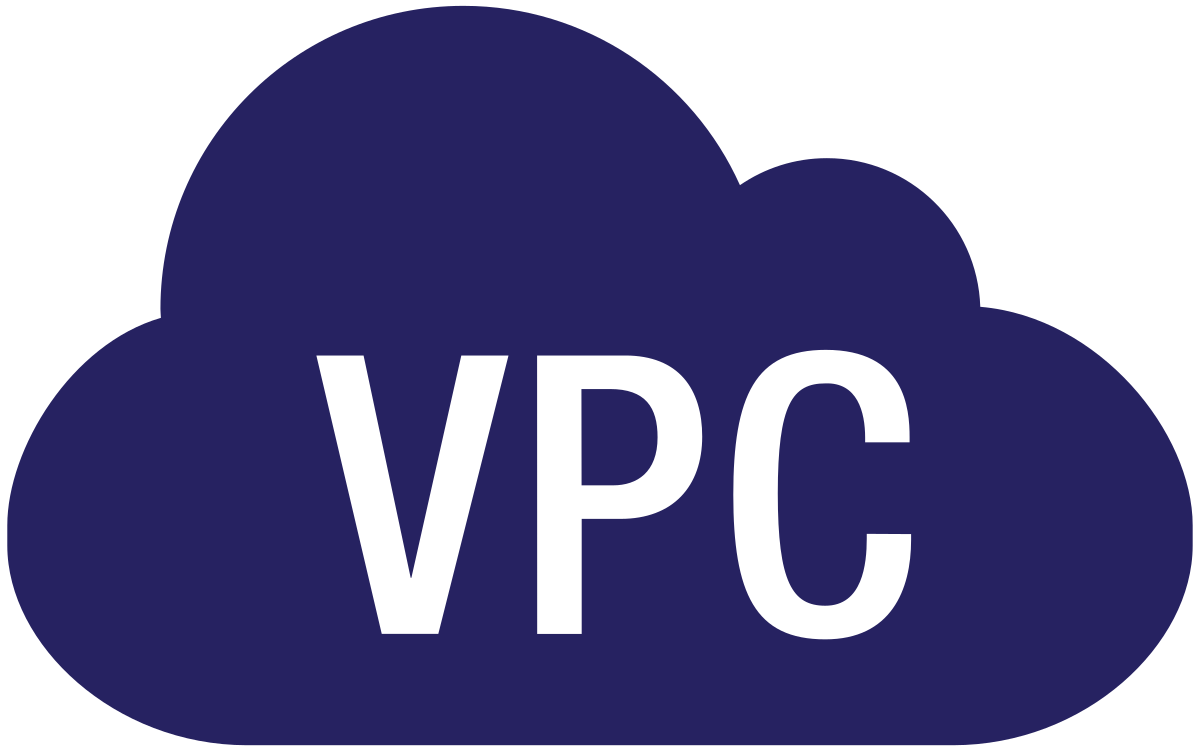VPC Overview
Virtual Private Cloud allows you to build your own network topology in AWS cloud. VPC is the concept of deploying your own virtual datacenter on cloud. You can create AWS cloud resources into a fully isolated environment by creating a customized VPC environment.

Below are the benefits VPC:
- By Creating a VPC layer you have flexibility to configure your own private networking IP range, configure your own route table and create multiple subnets and can take the advantages of the different security layers like security group and network ACL which will restrict the access to the Amazon ec2 instances.
- Since you can create your own networking topology on AWS cloud with the help of VPC service you can get the same flexibility of deploying compute resources on your own on-premises datacenter.
- It is possible to configure VPN between the corporate datacenter to the AWS cloud using VPC service.
- Users can build AWS cloud infrastructure platform as an extension of corporate datacenter as the VPN provides the ability to connect to the resources using a private IP range.
- Users can create multiple VPCs in the same region to deploy the resources into a different isolated networking segment to deal with multiple projects and multiple environments.
- VPC peering and transit gateway features of VPC will enable us to provide a communication between the VPCs.
- By default, all the resources that are deployed into single VPC can have communicated each other through local gateway using private IPs.
- The private IP access is limited to the VPC, if you would like to have a private communication between the VPCs then you should be a configuring a VPC peering or connect with AWS transit gateway.
- VPC peering connects different VPCs which are within the same region or across the regions.
Previous
Next
![]()
